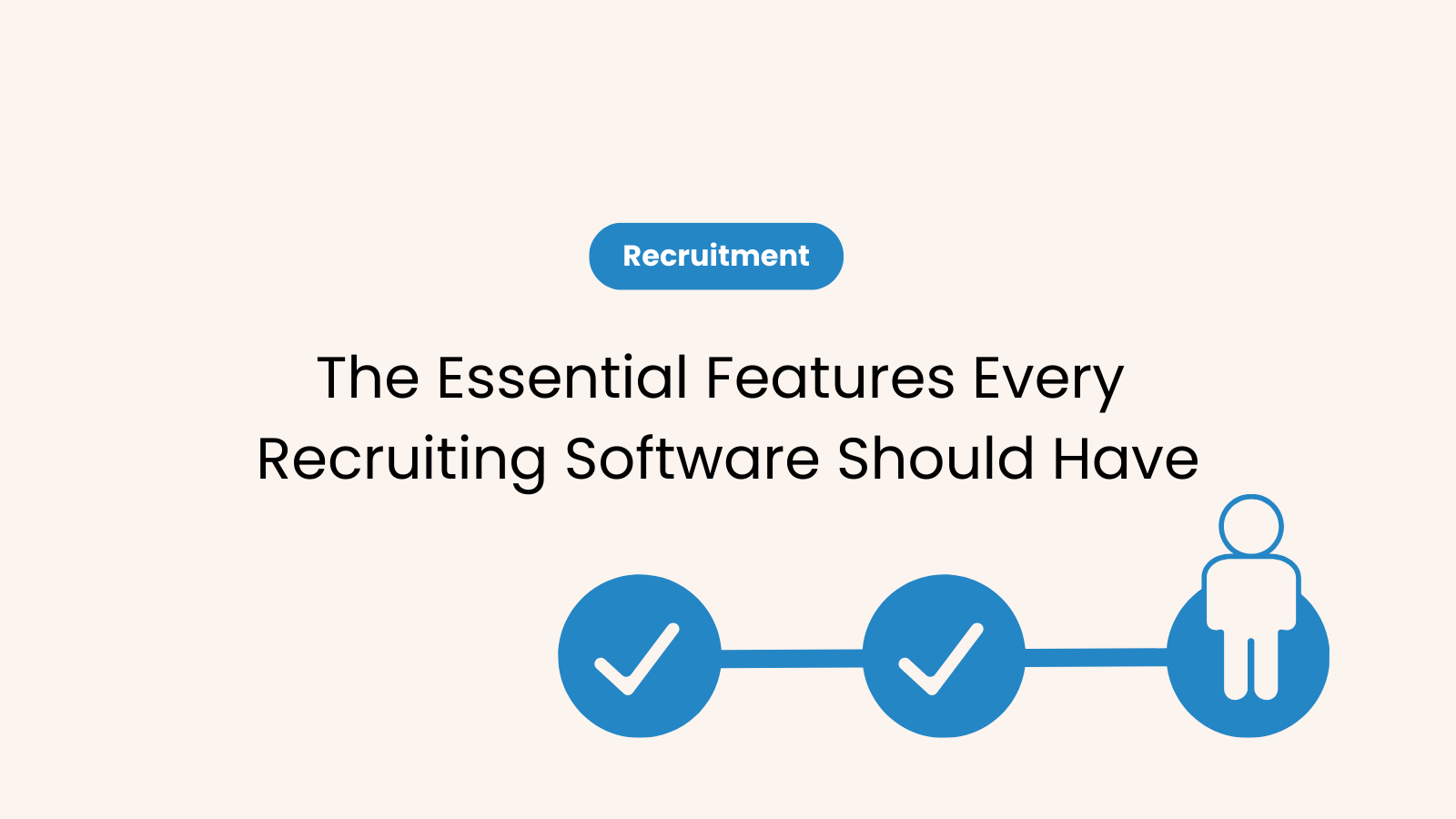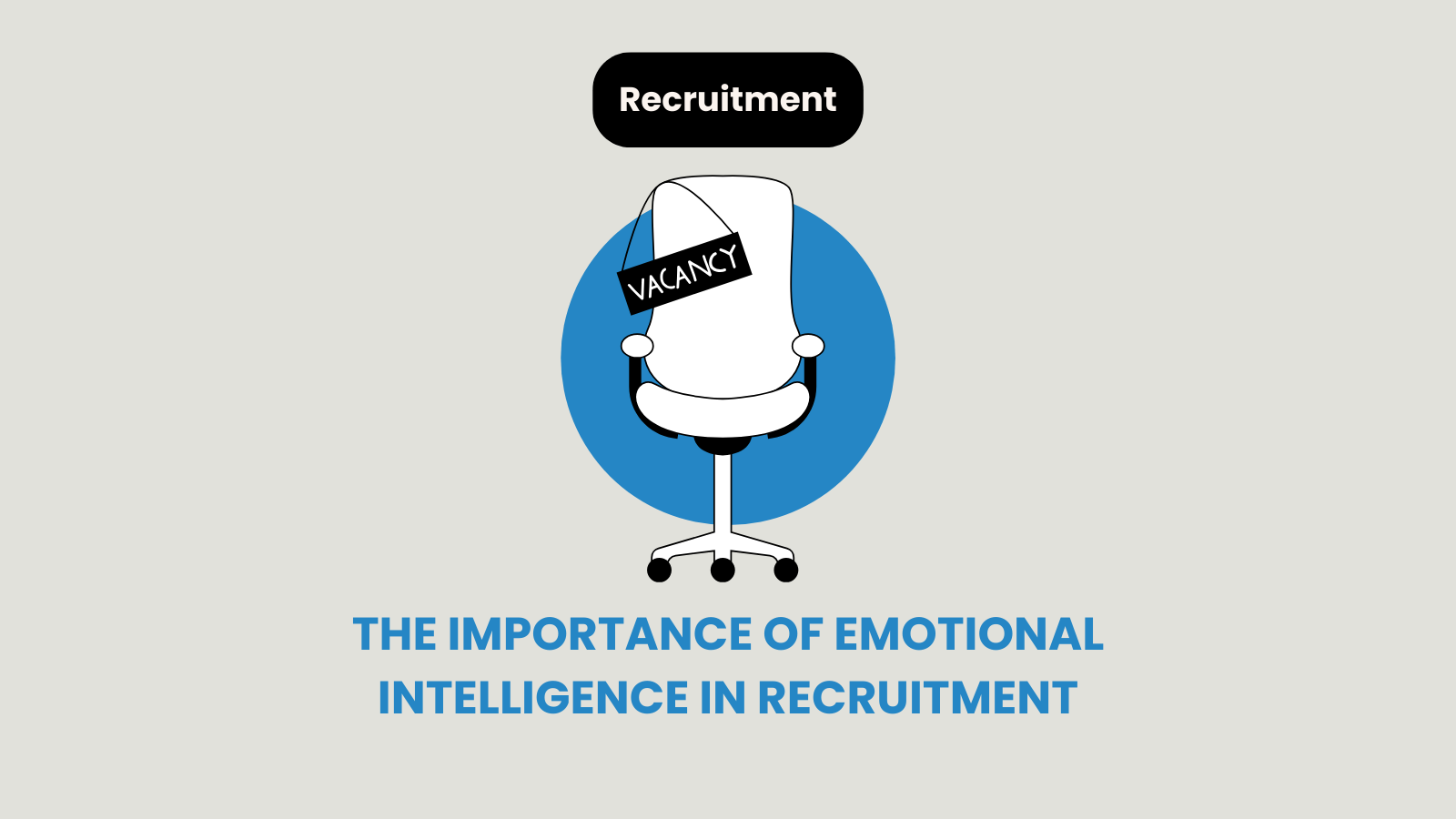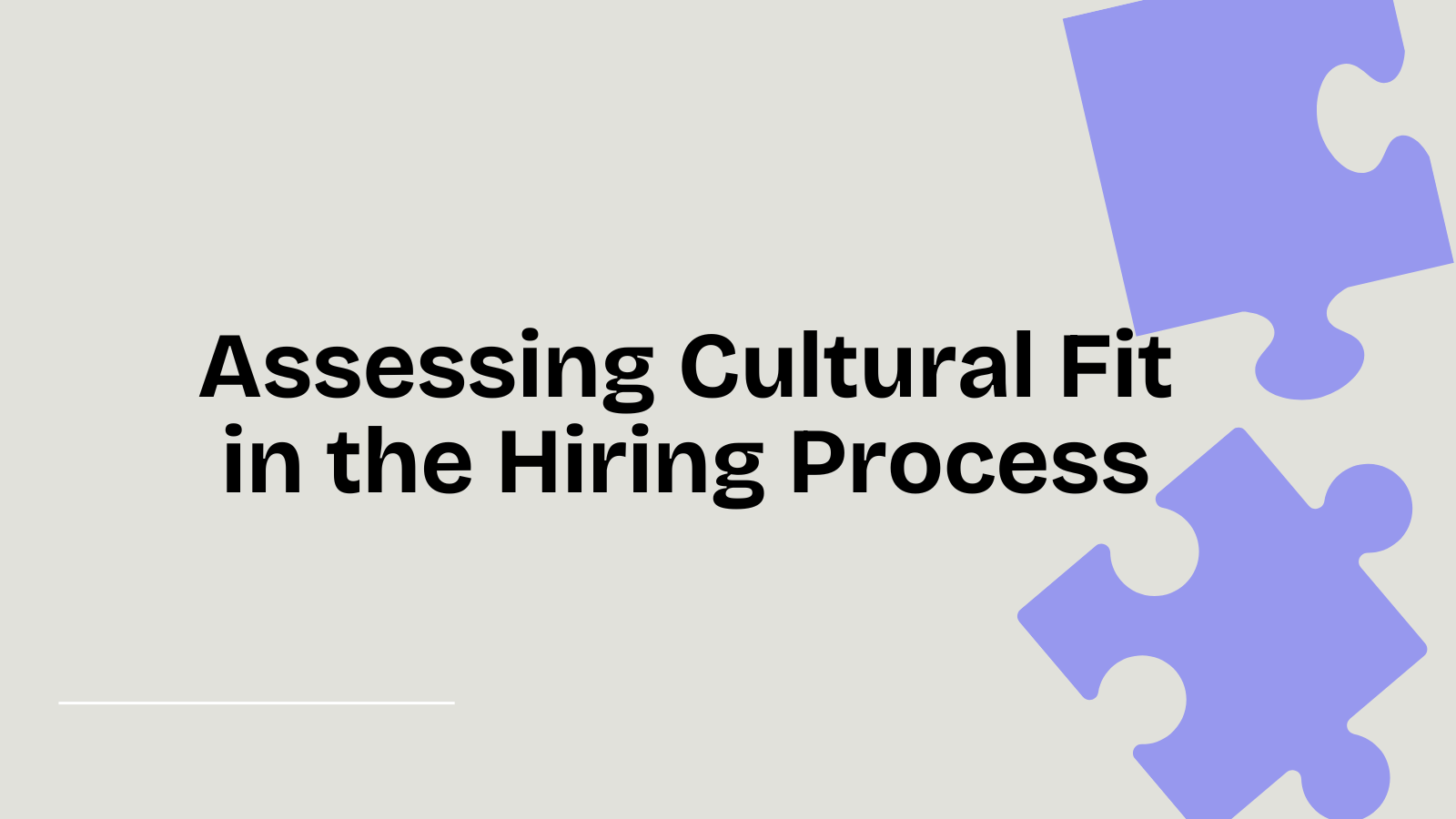We are witnessing an era of enormous technological advancements, ever-changing market landscapes, and not-before-seen global challenges. That is the reason the professional world is undergoing a visible and undeniable shift. As 2024 is coming, the demand for specific career skills is rising in various industries.
In this blog post, we will explore which skills will dominate the job market in the coming years. We aim to provide a roadmap for professionals to future-proof their careers.
We will explore both technical and soft skills, as both are very influential in the ability to float in the new professional world. The future of your career starts here – let’s ensure it’s both exciting and enduring.
Technical Skills
From data science, to artificial intelligence, technical skills are pivotal in staying up to date with the dynamic market. Here are the skills that you should work on or have on radar for the following year.
Data Science and Analytics
The ability to use the power of data has become a crucial skill. It gave rise to the growing field of Data Science and Analytics.
At its core, this discipline revolves around the strategic utilization of data to unravel patterns, trends, and invaluable insights that impact decision-making processes. One of the most important skills in this domain is the ability to analyze and derive meaningful conclusions from datasets.
Proficiency in data visualization tools and techniques is another crucial skill for a data scientist. A well-crafted visualization can bring clarity to complex insights. It can also boost communication with stakeholders across various organizational levels. From interactive dashboards to compelling charts, data visualization is the bridge that connects raw data to actionable intelligence.
Furthermore, a foundation in machine learning algorithms is the base for predictive analysis, which has become an integral component of data science. Machine learning provides the ability to forecast future trends, identify potential risks, and optimize decision-making processes.
In essence, Data Science and Analytics are catalysts for innovation and efficiency, and they have become prerogative in almost every industry. The professionals who have these skills are becoming more and more competitive in the market, making them indispensable contributors to the success and resilience of organizations in the years to come.
Artificial Intelligence and Machine Learning
Artificial Intelligence (AI) and Machine Learning (ML) have risen as the basics of innovation, reshaping the way we approach complex problems and unlocking unprecedented possibilities. At the heart of this revolution lies the fundamental requirement for professionals to possess a comprehensive understanding of AI and ML concepts and applications. With the rise of AI, a lot of professionals felt threatened and replaceable. Nowadays, many jobs utilize AI to boost their daily processes.
A pivotal skill in the AI and ML domain is the ability to translate theoretical knowledge into practical solutions through coding proficiency. Python and R have solidified their positions as the lingua franca of the machine-learning world, serving as the tools of choice for developing algorithms, models, and applications. The capacity to wield these programming languages empowers practitioners to not only comprehend the intricacies of AI and ML but also to implement innovative solutions.
Beyond coding proficiency, hands-on experience with machine learning frameworks and libraries constitutes a critical aspect of a practitioner’s skill set. Frameworks such as TensorFlow and PyTorch, coupled with libraries like sci-kit-learn, provide the infrastructure necessary for building, training, and deploying machine learning models. Familiarity with these tools not only accelerates the development process but also facilitates experimentation and fine-tuning.
Cybersecurity
The role of cybersecurity has switched from a mere necessity to an absolute imperative. Cybersecurity professionals are entrusted with the task of creating an impenetrable environment and defense against ever-evolving cyber threats. Central to this mission is the cultivation of skills to protect systems and networks from the challenges posed by malicious actors and sophisticated attacks.
Cyber security skills involve not only an understanding of prevailing cyber threats but also the ability to implement proactive measures that fortify the digital infrastructure. Cybersecurity professionals are adept in threat detection, vulnerability assessment, and incident response. All this plays an important role in minimizing risks and ensuring the resilience of systems in the face of adversarial intent.
Cybersecurity proficiency lies in the knowledge of encryption, firewall management, and ethical hacking.
Encryption provides secure communication. It works by rendering sensitive information indecipherable to unauthorized entities.
Firewall management, on the other hand, involves creating virtual barriers that control and monitor incoming and outgoing network traffic, preventing unauthorized access and potential threats.
Ethical hacking, or penetration testing is aimed at identifying vulnerabilities before malicious actors can exploit them.
Cyber security knowledge goes beyond being a cyber security professional. Whatever your profession is, the ability to recognize threats and protect the organization you work for against data loss is a prerogative skill for the future.
Blockchain Technology
Blockchain technology has emerged as a revolutionary force reshaping industries and redefining how we conceptualize and transact value. As organizations increasingly explore the potential of decentralized systems, blockchain professionals are at the forefront, having an understanding of these systems and their applications.
At the heart of blockchain expertise is an understanding of decentralized systems and their implications. Unlike traditional centralized models, blockchain operates on a distributed ledger, where transactions are recorded and verified across a network of nodes.
A crucial skill within the realm of blockchain technology is proficiency in developing and managing smart contracts. Smart contracts are self-executing with terms of the agreement that are directly written into code. Blockchain professionals versed in smart contract development possess the ability to translate business logic into code, automating and ensuring the secure execution of contractual agreements. They can be applied to financial transactions, supply chain management, or decentralized applications (DApps).
Professionals equipped with these skills are fostering a new era of transparency and efficiency. Their expertise extends beyond theoretical foundations to practical applications that redefine how businesses operate.
Cloud Computing
Cloud Computing has emerged as an important part of innovation and digital transformation. It is enabling organizations to scale, innovate, and adapt. Cloud professionals have a dual proficiency: a deep familiarity with leading cloud platforms and the practical skills to deploy and manage applications in the dynamic landscape of cloud environments.
Familiarity with cloud platforms such as AWS (Amazon Web Services), Azure, or Google Cloud is the foundation upon which cloud computing expertise is built. Each platform offers a unique set of services and features, and a cloud-savvy professional understands the nuances and strengths of each. Whether it’s the robust infrastructure of AWS, the integrated Microsoft ecosystem in Azure, or the expansive capabilities of Google Cloud, the ability to navigate these platforms empowers professionals to architect solutions that align with the specific needs of diverse organizations.
A critical skill in the cloud computing domain is the ability to deploy and manage applications seamlessly in cloud environments. Cloud deployment involves the strategic migration of applications, data, and services to the cloud. Professionals proficient in cloud management ensure the optimal functioning of applications, monitor performance, and implement scalable solutions that align with the dynamic demands of modern businesses.
Soft Career Skills
In the dynamic landscape of the modern workplace, soft skills distinguish exceptional professionals from the crowd. This is the skill set that is going to be the most important in the following year.
Adaptability
From massive layouts to the constant need for an education, the ability to adapt is paramount to survival in the modern job market. Professionals adept in adaptability not only weather transitions with resilience but also proactively seek opportunities for growth. Their openness to learning new technologies and methodologies positions them as perpetual learners, ready to embrace the next wave of innovation and stay ahead of the curve.
Critical Thinking
The new age demands more than just data interpretation; it requires an analytical approach, and the ability to evaluate information critically and make informed decisions. Professionals with strong critical thinking skills excel in deciphering complex scenarios, identifying patterns, and solving problems.
Communication Skills
Clear and effective communication is the cornerstone of successful collaboration and leadership. Whether conveying ideas in writing or articulating thoughts verbally, professionals with strong communication skills ensure that information is conveyed accurately and comprehensively. Collaboration and teamwork thrive when individuals can seamlessly exchange ideas, contributing to cross-functional success and fostering a culture of sharing.
Creativity and Innovation
Professionals who think outside the box and propose novel solutions become catalysts for progress. Creativity is not confined to artistic endeavors; it permeates every aspect of work.
Emotional Intelligence
Understanding and managing emotions, both one’s own and those of others form emotional intelligence. Professionals with high emotional intelligence are better at building interpersonal relationships. Building strong connections in diverse teams becomes not just a skill but a strategic asset, fostering collaboration, empathy, and a harmonious work environment.
The landscape of the professional world is undergoing a huge transformation, shaped by technological advancements, global challenges, and turbulent market dynamics. In this dynamic environment, the pursuit of a future-proof career demands a holistic skillset that encompasses both technical proficiencies and soft skills.
The technical skills explored in this blog post, spanning Data Science and Analytics, Artificial Intelligence and Machine Learning, Cybersecurity, Blockchain Technology, and Cloud Computing, represent the pillars upon which the digital future is being built. Equally indispensable are the soft skills, making a bridge between technical expertise with human-centric success. The future belongs to those who can seamlessly blend the precision of technical acumen with the nuance of soft skills. As we stand on the cusp of 2024 and beyond, the call to action is clear: embrace the spirit of continuous learning, adaptability, and innovation.




